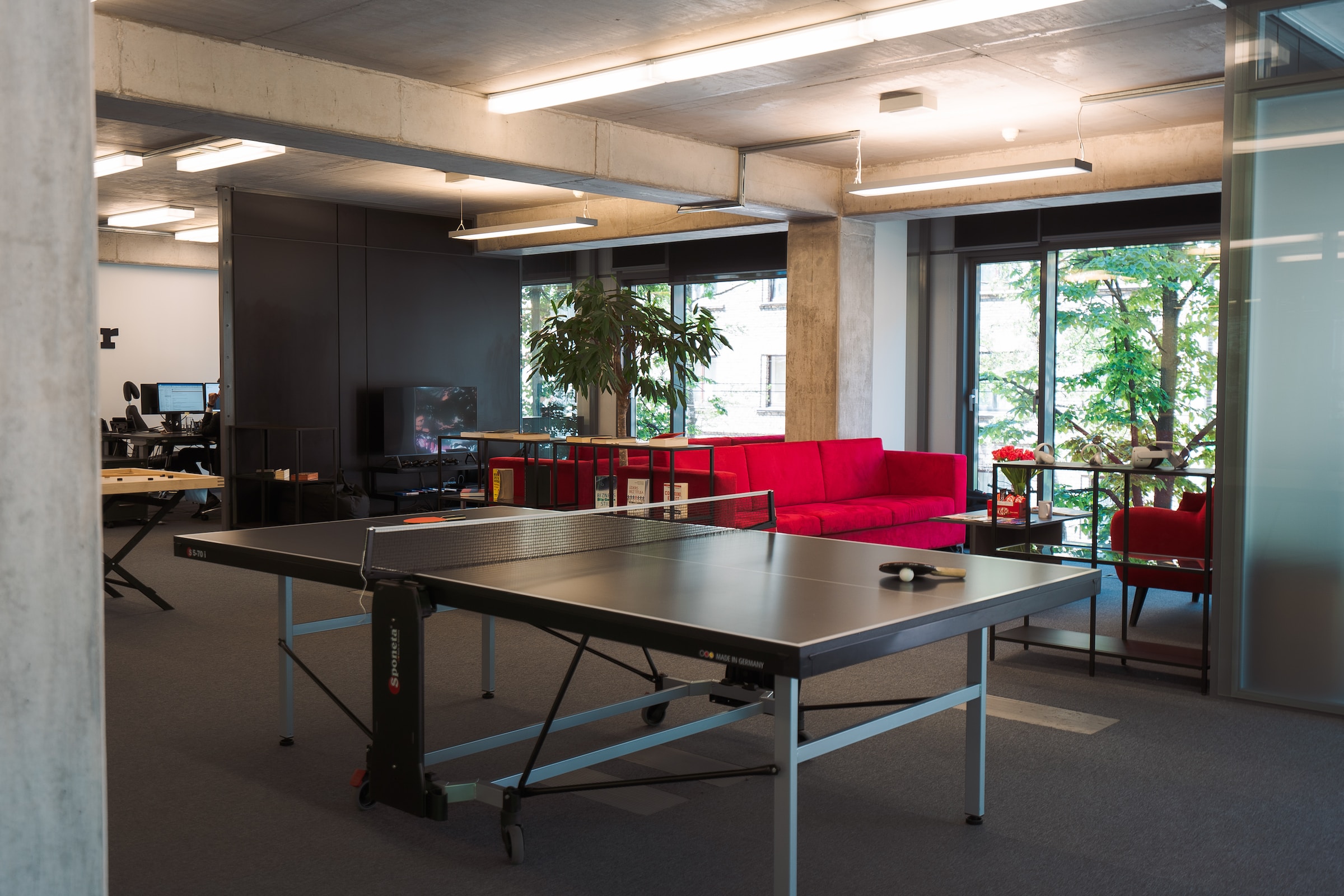Steering clear of 'anti-perks': What benefits do employees actually care about in 2023?
Published
Read time
Attracting and retaining top talent is crucial for organisations to succeed, especially in today's job market. For years, many companies have been engaged in a sort of arms race by one-upping one another in office perks.
While perks such as free snacks or ping-pong tables may have once been enticing, research has shown that employees globally now seek more meaningful benefits that align more closely with their priorities in life.
This trend has even given rise to the term ‘anti-perks’ - superficial perks that sound great on paper but are actually being perceived as red flags by discerning employees.
As an employer, in order to attract and retain top talent for your organisation, you need to steer clear of ‘anti-perks’ and offer benefits that employees truly value in 2023.
Unlimited annual leave and fancy office facilities: unveiling the true impact of anti-perks
Some companies, such as Accenture, Deloitte and Netflix, offer unlimited annual leave, which can only be a good thing, right? Not necessarily.
HR practitioners in Singapore say that the impact of an unlimited leave policy comes down to the company’s work culture and individual managers, especially given that Singapore’s employees tend to under-utilise their leave entitlement. Unlimited leave could even end up as less leave.
Without clear guidelines or an underlying organisational culture that supports work-life balance, employees may feel guilty or anxious about taking time off. They may even be led to believe that they are not being a team player by subjecting their co-workers to a higher workload during their absence.
As a result, what seems like a generous benefit becomes an anti-perk that hinders employee well-being and job satisfaction after all.
Technology and software companies like Google and Meta have also captured public attention (and envy) with their lavish, Instagram-worthy facilities. These include office gyms, game rooms, nap pods and even on-site massage services.

On the surface, these perks seem to help make the workplace more comfortable and enjoyable. However, they are no longer viewed as favourably as they once were.
These office perks have lost their lustre to Millennials and Gen Z, who are keen to limit their time in the office. In fact, they are now often seen as a cheap substitute for real perks, like good pay or work-life balance.
What benefits do employees actually want in 2023?
Employees are more discerning than ever before, caring about benefits that are relevant to their needs and that help them to improve their overall well-being. Some of the most important benefits include:
Flexible work arrangements
Flexible work arrangements such as telecommuting and flexible scheduling, allow employees to have more control over their work-life balance and can in fact boost productivity.
Employees have the option to work during the hours when they are most productive. They also do not have to deal with distractions in the office. According to a comprehensive Gallup study, flexible work also drives employee engagement. Overall, employees have increased productivity, decreased stress, and improved morale.
The Singapore government has even started encouraging Small and Medium Enterprises (SMEs) to implement such flexible work arrangements.
As SMEs step into the post-Covid-19 world… Employers which embrace flexible work arrangements can better attract and retain talent, including tapping a larger pool of talent. Employees can enjoy better work-life harmony and mental well-being.
- Mr Ang Yuit, vice-president of the Association of Small & Medium Enterprises (ASME)
Healthcare insurance

Over 53% of Singaporeans cite inflation and rising healthcare costs as key factors that could hinder them from reaching their financial goals in 2023.
And for good reason – according to the Singapore Department of Statistics, healthcare costs have risen by 4.7% in the past 12 months. Given this context, it is no surprise that healthcare insurance as an employee benefit is becoming increasingly important to Singaporeans.
Healthcare insurance helps to protect employees from financial hardship in the event of a medical emergency. Without employer healthcare insurance, employees may have to pay for their own medical care, which can be prohibitively expensive.
Healthcare insurance can provide peace of mind for employees. Knowing that they have financial protection against the cost of medical care can help employees focus on their work and their families, which benefits employers too.
Lately, more Singapore employers have also expanded their healthcare coverage to include mental health benefits. This is because businesses recognise that workers are seeking companies that prioritise their staff’s holistic well-being, and such benefits can go a long way in attracting and retaining talent.
Building the right employee benefits insurance programme
As an employer, you don’t want to be spending your budget on benefits that are not appreciated by your employees. Worse still, you don’t want to blindly follow in the footsteps of other companies down the path of “anti-perks”, doing more harm than good.
For anyone who is serious about attracting and retaining talent, having an employee benefits insurance programme that people truly value is essential. The right programme helps employers to offer competitive and comprehensive benefits that employees will truly value, in a cost-effective way.
Fresh eyes, deep experience and up-to-the-minute market knowledge can make a big difference in the business value you achieve with your budget. A simple employee benefits review exercise with Howden can help you get more for your money, boost productivity in your team and push ahead of the competition.

It’s time to give your employee benefits programme an honest look
Contact us at Howden to see how we can help you do a thorough review of your employee benefits programme.